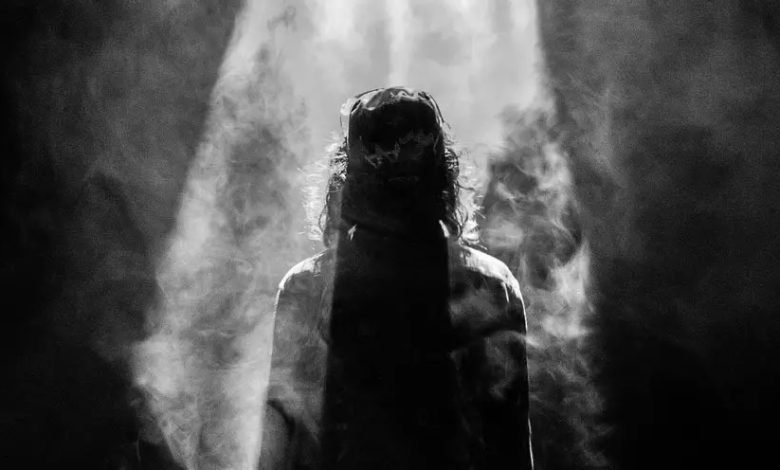
What Can We Learn from the Jesus’ Prayer in the Garden of Gethsemane?
In the life of Christ, there were moments that are known as clear examples of faith, patience and submission to the divine will in the history of Christianity. One of these moments is Jesus’ prayer in the Garden of Gethsemane, which is described in detail in the Gospels. This prayer contains the deep spiritual positions of Jesus against the future of despair and acceptance of the divine will. In this article, we will examine a few things we learn from Jesus’ prayer in the Garden of Gethsemane.
Loneliness in prayer: Jesus was a stone’s throw away from even his three best friends. Believer, pray a lot in private, especially in times of temptation. Just as private prayer is the key to unlocking heaven, so it is the key to closing the gates of hell. As it is a shield for prevention, it is also a sword for fighting temptation.
Prayer of the Son of God: Matthew quotes him as saying, “My Father.” “Abba, Father,” says Mark. You will always find this as a refuge in the day of trial to plead for your adoption. Hence the prayer which is written: “Lead us into temptation, but deliver us from evil”, begins with “Our Father who art in heaven”. Beg like a child. You have no rights as a subject. You have lost them by your infidelity, but nothing can take away a child’s right to a father’s support. Do not be ashamed after saying, “Father, hear my cry.”
Continuity in prayer: He prayed three times using the same words. Don’t be satisfied until you win. Be like the needy widow who, by constant coming, obtained what her initial begging could not obtain. Be persistent in prayer and be awake with thanksgiving.

Jesus asks if he can escape suffering
Jesus begs for this cup to pass from him, that is, to avoid, or at least to shorten, the sufferings that are now ahead. This only shows that he was truly human and as a human he could not be averse to pain and suffering.
This is the first and simplest act of the human will to withdraw from something that is painful for us and wants to prevent and fix it. The law of self-preservation is imprinted on the innocent nature of man and reigns there until it is overruled by another law. Therefore, Christ reluctantly expressed his suffering to show that he was “taken from among men” (Hebrews 5:1), was “afflicted with the feeling of our weaknesses” (Hebrews 4:15) and was “tempted as we are.” but without sin” (Hebrews 4:15).
Note, the prayer of faith in the face of calamity may well correspond to the patience of hope under that calamity.
When David said, “I have become dumb, I have not opened my mouth, because you have done it,” his next words were precisely, “Remove your blows from me” (Psalms 39:9, 10). But observe the condition: “if possible”.
If God is glorified, man is saved, and his goals are fulfilled without drinking from this bitter cup, he is willing to apologize; Otherwise, no. What we cannot do by securing our great purpose, we must consider impossible indeed; Christ did this: “We can do what we can lawfully do.” We not only cannot, but must not do anything against the truth.
Blood sweat of Jesus in the garden of Gethsemane
Jesus’ physical suffering began in the Garden of Gethsemane, the night before his crucifixion. While the disciples were asleep, the Gospel of Luke records that the Lord “prayed more earnestly in great agony, and his sweat was like great drops of blood falling to the ground.”
This text was written by Luke, a physician, an educated man and a keen observer by profession.
Luke is also the only Gospel writer to mention bloody sweat, possibly because of his interest as a physician in this rare physiological phenomenon, which speaks of the intense spiritual agony Jesus endured… (Dr. Henry M. Morris, vol. (Sacred Advocates, marginal notes for Luke 22:44)
Although this medical condition is relatively rare, it is well known and has many cases, according to Dr. Frederick Zogib (Chief Coroner of Rockland County, New York). Its clinical term is hematohidrosis. “Around the sweat glands, there are numerous blood vessels in the form of a network.” Under the pressure of severe stress, the vessels constrict. Then, as the anxiety subsides, “the blood vessels dilate to the point of rupture. Blood enters the sweat glands.” Since the sweat glands produce a lot of sweat, it pushes the blood to the surface and comes out as drops of blood mixed with the sweat. Jesus did not sweat blood because he was afraid of the physical pain of the cross.
Today in the article : What Can We Learn from the Jesus’ Prayer in the Garden of Gethsemane? We reviewed useful information about the Bible and the way of Jesus. If you wish, you can view other articles of Ali Vahidi about Christianity





